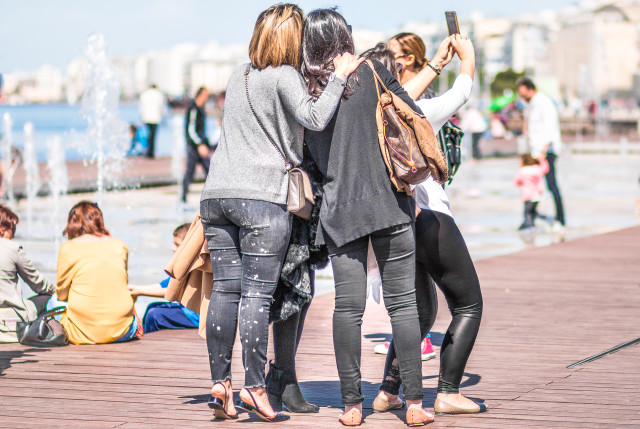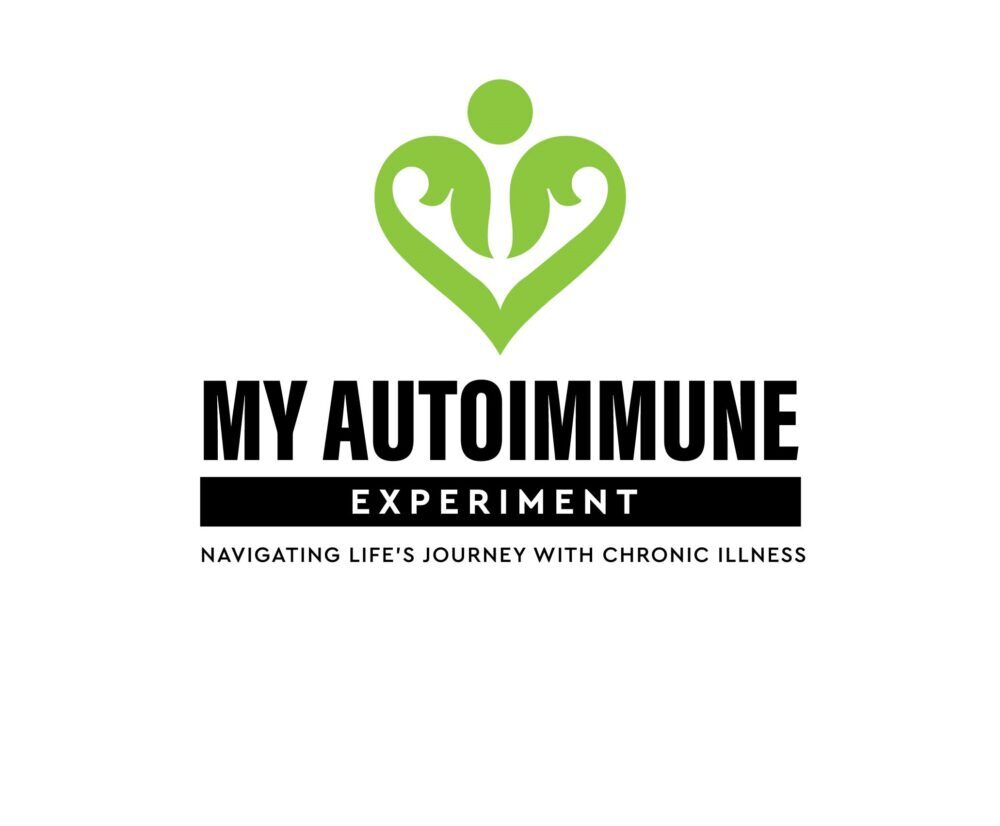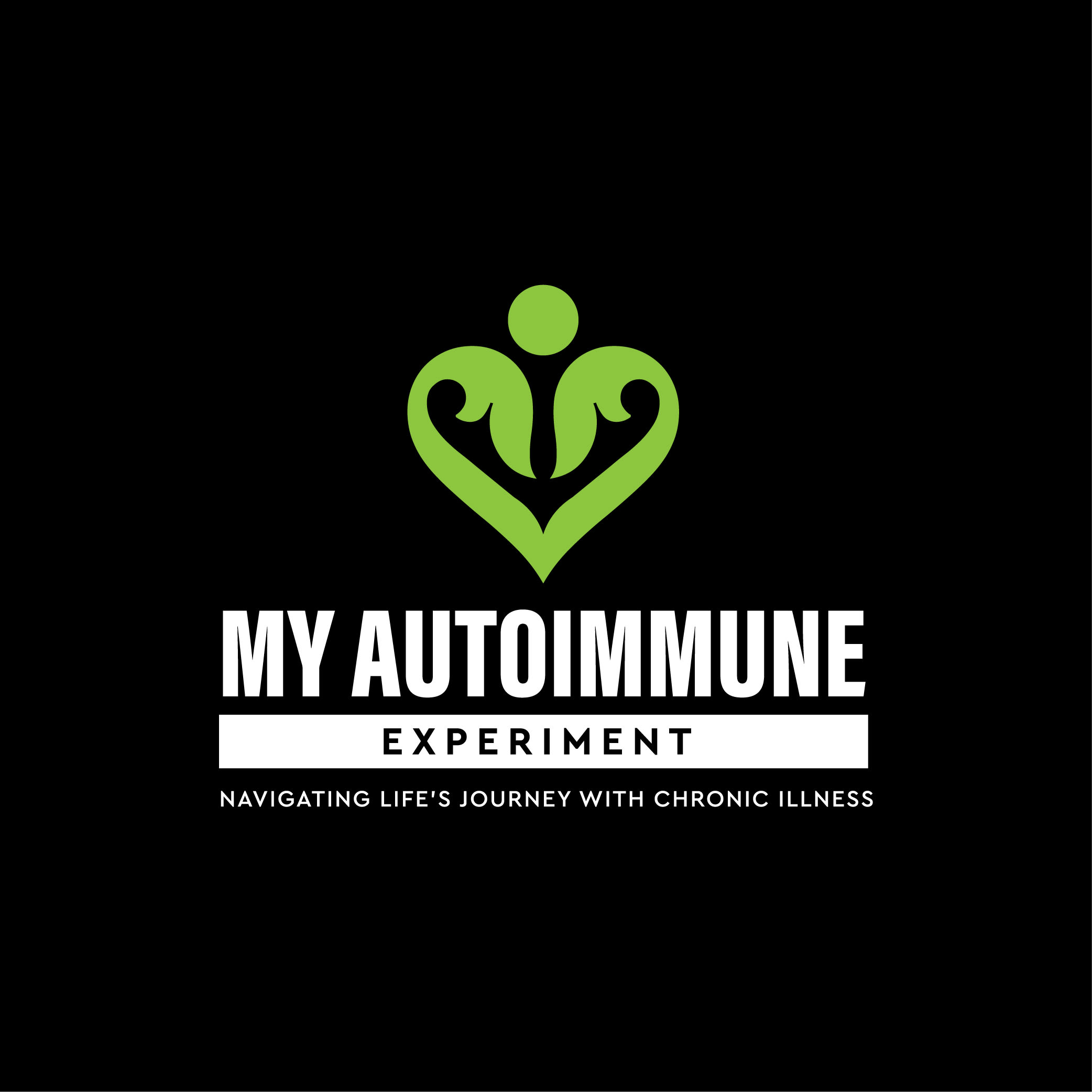
Trapped in a Pandemic
The coronavirus pandemic roared into our lives early this year and has continued to run rampant in many places despite attempts to stop it in its tracks. According to the latest statistics from Johns Hopkins University of Medicine’s Coronavirus Resource Center, as of August 18, the world has 21,956,417 confirmed cases of this illness and has lost 775,706 lives. In the United States alone, there have been 5,457,877 confirmed cases and 171, 013 deaths caused by COVID 19 (https://coronavirus.jhu.edu/).
One year ago, If we had looked into the future, we never would have predicted the situation the world is in today. The pandemic, quarantine, death counts, overcrowded hospitals, and debates over whether or not our children should attend brick and mortar schools were unimaginable.
This year has brought many challenges, and combining chronic illness along with COVID-19 leads to even more hardship. Obviously, the pandemic brings concerns to all citizens, but for those of us with compromised immune systems or any high-risk condition, the dangers are greater as is our need to be overly cautious in every situation. COVID-19 has stolen so much from us; we are clearly the victims in more ways than one.
Losing Time with Loved Ones
Our illnesses keep us away from those we love. We have a choice between risking our own lives or spending time with those we need and who need us. Losing time with loved ones who don’t live in our homes is one of the most devastatinging losses. Personally, our adult children live 6 hours away, a journey we typically take every 6 weeks or so to seek new adventures while spending quality time together. Unfortunately, that tradition is no longer a safe option. We have seen our children only twice in the last 6 months, and our experiences are much different and more safe. I miss the regularity and the “normal” ways we do life, and I’m ready to return to our traditions. For now, we rely on FaceTime, Zoom, Houseparty and regular phone calls as ways of staying connected.
Additionally, many people routinely take care of parents, visit elderly relatives in nursing homes, or fly to see loved ones who live far away. Amy, who suffers from lupus, fibromyalgia, and heart disease, is heartbroken because she can no longer visit her father, who is in a nursing home. Even though the facility eventually allowed one visitor, she still can’t go to see him because it means risking her own life along with the possibility of leaving her teenage daughters without a mother. She has had to resort to window visits, daily calls, and weekly cards and letters to make sure he knows she’s still there. Lost time with loved ones is devastating, and no matter what the situation, it is difficult.
As chronically ill patients, flying is another terrible hazard for us right now. Weakened immune systems and crowded airplanes don’t mix well. I had planned to spend time with my mother in Arizona this summer. She lives alone since my father passed away a few years ago, and it breaks my heart to know she spends so much time by herself these days. Yet, I know the risks I’d have to take to see her are far too great. I feel like she’ll need me to be there later too, so I can’t afford to take health risks now. Communication through technology works in some situations but can be tough with elderly relatives. The reward, however, can be tremendous. Despite some challenges, I was able to teach my mom how to Zoom, and we use technology to communicate, but nothing beats the opportunity to hug your mother in person.

Stuck in Virtual Health Care
For many of us, our regular health care has become virtual. This keeps us safe from infection and works in many situations, but in others, it can be a problem. It’s important to communicate openly and honestly with physicians. If you have concerns that can’t be addressed virtually, expressing those worries is crucial to save yourself some anxiety. Most doctors now are open to emails and phone calls and will respond fairly quickly to discuss the possibility of an in-person visit, depending on your needs. Remember your care is just as important as before the pandemic hit, you may have to approach it in a different way to keep yourself safe.
Another current difficulty is the inability to bring a loved one with you for appointments and procedures. While some places will now allow one person to accompany you, facing a health crisis alone or with a broken support system can be a mental hardship. Be sure to ask your doctor’s office who can join you, and if nobody is allowed, then perhaps a loved one can still drive with you and support you through some of the journey. David, an MS patient states that depending on his degree of brain fog, he sometimes needs his wife to hear what the doctor is saying. His physician has allowed him to use FaceTime to bring her into his appointments. This is an easier option to still have support along the way. If ever there was a time to be an advocate for your needs, it’s now.
Career Interference
As a high risk individual, working in a career where you are in constant contact with people comes with tremendous risk. The reality, though, is that some of us are in those positions and need to choose between our meaningful careers and the paychecks that go along with them or our lives. I’m on weekly immunosuppressant injections. I ‘m also a middle school teacher, and my doctor clearly spelled out the dangers of returning to the classroom right now. If he was trying to scare me, he succeeded.
I needed to summon enough courage to ask my boss to make special accommodations for my employment. My doctor had written me a letter explaining my medical needs, and I presented that along with my request to teach online. Even though my health has interfered with my career a few times, I hate asking for any special considerations because of it. Making this request was mentally one of the most difficult undertakings, careerwise, that I’ve faced. I felt like I was throwing away every attempt I ever made to be the strong employee who blends in well with my colleagues and can meet the challenges presented despite my illnesses. Although I was fearful, I recently found out that my employer will grant me an online opportunity for the time being, and I couldn’t be more grateful.
Miranda, another immunocompromised patient, is in a similar situation as well. As some of her coworkers are starting to return to her office, she had asked for an extension to work from home longer. Her request was also granted. Clearly, if you don’t let people know what you need, you’ll lose a chance for opportunities that might be better for your mental and physical health.
Life without Freedom

Without freedom, we lose so many aspects of our lives. Yet with freedom, we may just lose our lives. It’s never good to live in fear, but being honest with ourselves and confronting our situation to preserve what health we have is important to staying safe right now. Freedom is just another precious gift stolen by the pandemic.
Prior to COVID-19, did you regularly visit friends, attend celebrations, or eat dinner out? Did your yearly trip to the beach or even world travel bring you peace and calmness? Did checking off your to-do list with a quick trip to the grocery store, the bank, or the pharmacy give you satisfaction? Yes, all of these things that we once took for granted have been taken away too. The disappearance of the personal rituals that keep us content can take a toll on mental health. Right now, we can’t personally change this issue, but we can find ways to help keep ourselves stay sane and safe.
- Communicate regularly with family and friends. Use technology such as Skype or Zoom for visits and to join in celebrations.
- Learn to make life a little easier with grocery shopping services that are available in most communities. Try Instacart, Peapod, or FreshDirect.
- If you haven’t yet moved all your banking and financial services online, this is definitely a great time to do it.
- You may not be able to go on a vacation right now, but you have the perfect opportunity and probably some extra time to do research for future trips.
- Take advantage of the great weather to plan small outdoor get-togethers with those closest too you. Be sure to maintain your social distance.
- If you find yourself fighting depression because of these difficult changes, contact your primary care doctor or a mental health professional.
It’s no secret that this pandemic has seriously affected our lives and our emotions, but we need to take whatever actions we can to pick ourselves up and safely continue on our way. I know my appreciation for the little things in life has increased tremendously because of our current situation. I encourage you to focus on the blessings that still exist and the find the best ways to deal with that which has been stolen. Yet, keep in mind that when you are struggling to find the positive, reaching out to those who care about you is an incredible way to make life a little easier. Don’t let the pandemic stand in the way of love, support, and happiness.






